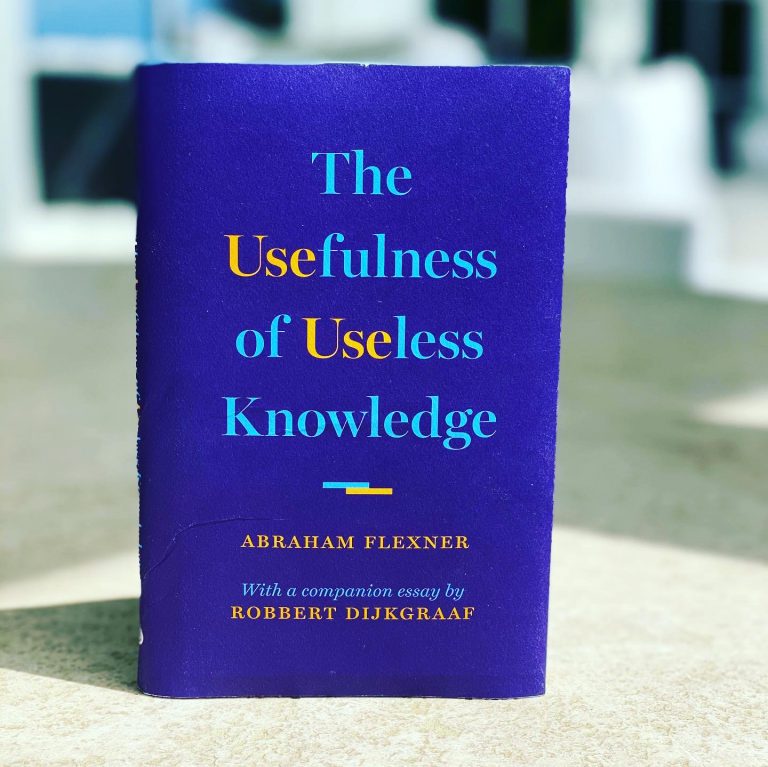The Usefulness of Useless Knowledge




- Form: Hardcover
- Page Count: 97
- Purchase Link
One of the best books I’ve read recently, and unexpectedly so. I hadn’t heard of Abraham Flexner before, although his influence is behind so many of the modern household names in scientific history. Flexner was the founder of Princeton’s legendary Institute for Advanced Study, which attracted the talents of not only Einstein, but some of the 20th century’s greatest minds, fostering a bout of achievement that has fundamentally reshaped modern science, technology and geopolitics, possibly forever (in the case of nuclear weapons).
Flexner, in a 1910’s essay written for the board of the Rockefeller foundation’s education unit, wrote this paper, introduced here by current IAS head Robbert Dijkgraaf. It provides an elegant and retrospectively obvious proof on why unstructured environments of learning and scientific curiosity create outsized returns invaluable to humanity’s develpoment. Of course, the shame is that we increasingly disincentive such places. Government funding, essential for such progress, is increasingly minimized, and what’s left of it is focused on defense applications. Private sector funding, never a major source of patronizing unstructured thought, demands shorter and shorter timelines for its returns (think 10 year venture capital and private equity fund lockouts).
This reality, that even our greatest “practical” inventions are merely incremental improvements upon the shoulders of cyclical, theoretical, and often unstructured scientific tinkering, is unpleasant to hear for those policymakers and businesspeople who desire a clean and simple forumla for progress. But it doesn’t make it less true. Flexner’s ideas are even more relevant, and needed, today.